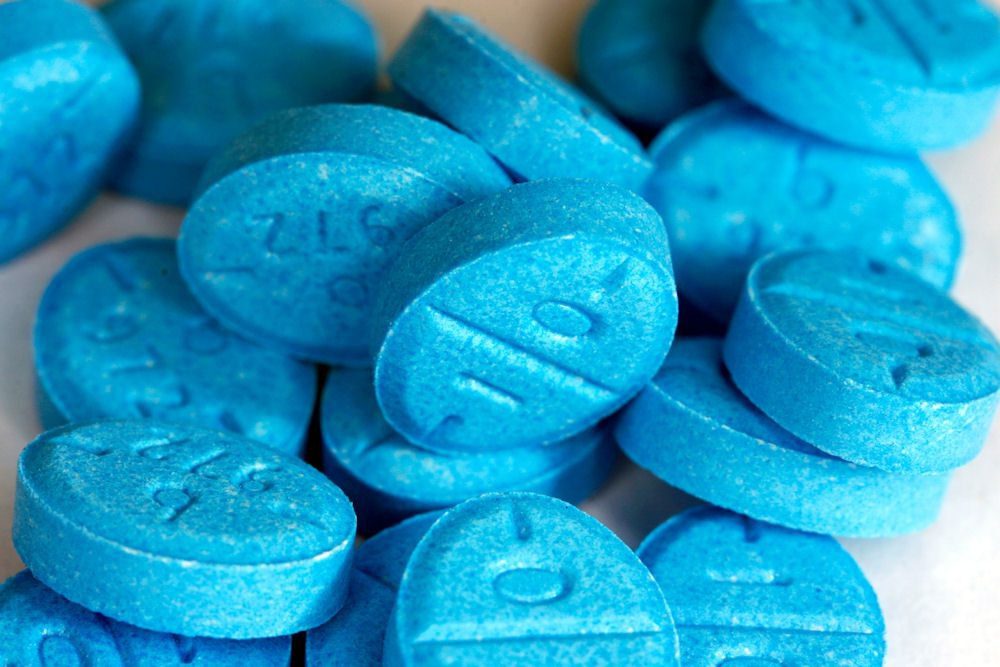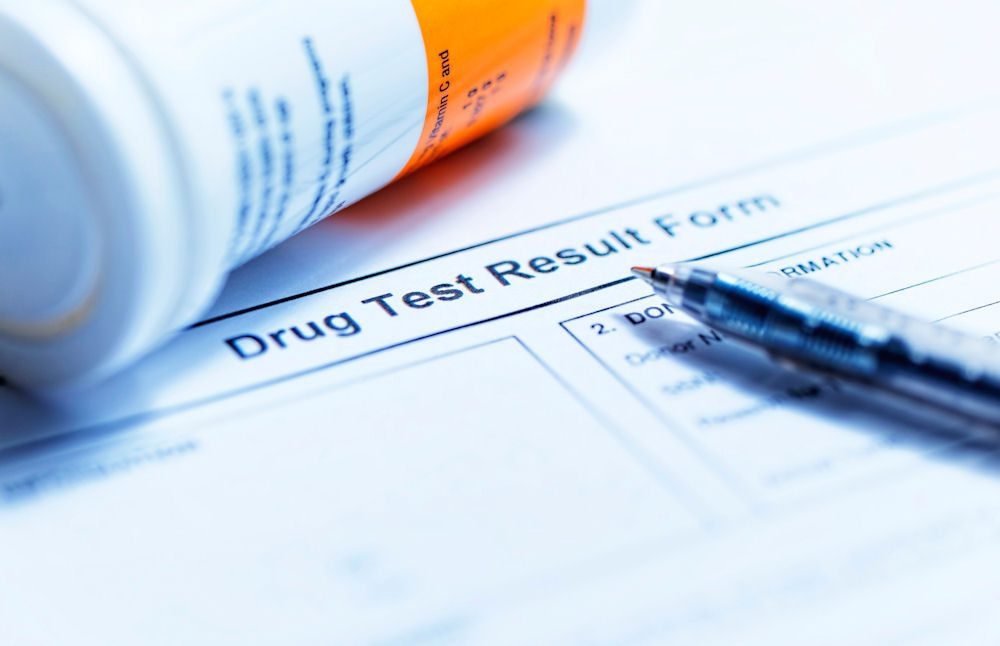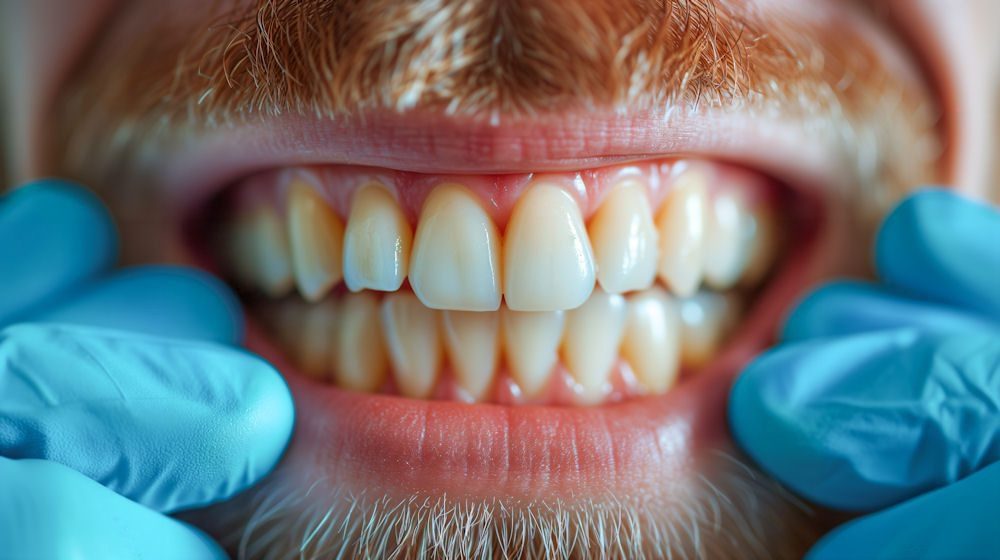Alcohol and Drug Rehab near Arlington Heights
Substance use disorders are mental illnesses that many Arlington Heights residents grapple with daily. If the pandemic affected you or someone you love, seek professional help in an addiction treatment center in Illinois.
The side effects of substance abuse are devastating and can be life-threatening when not addressed early. Professional care can make a difference when you are battling a dependency on illegal substances, alcohol, or prescription medications. Learn where to go for alcohol rehab and drug rehab near Arlington Heights.
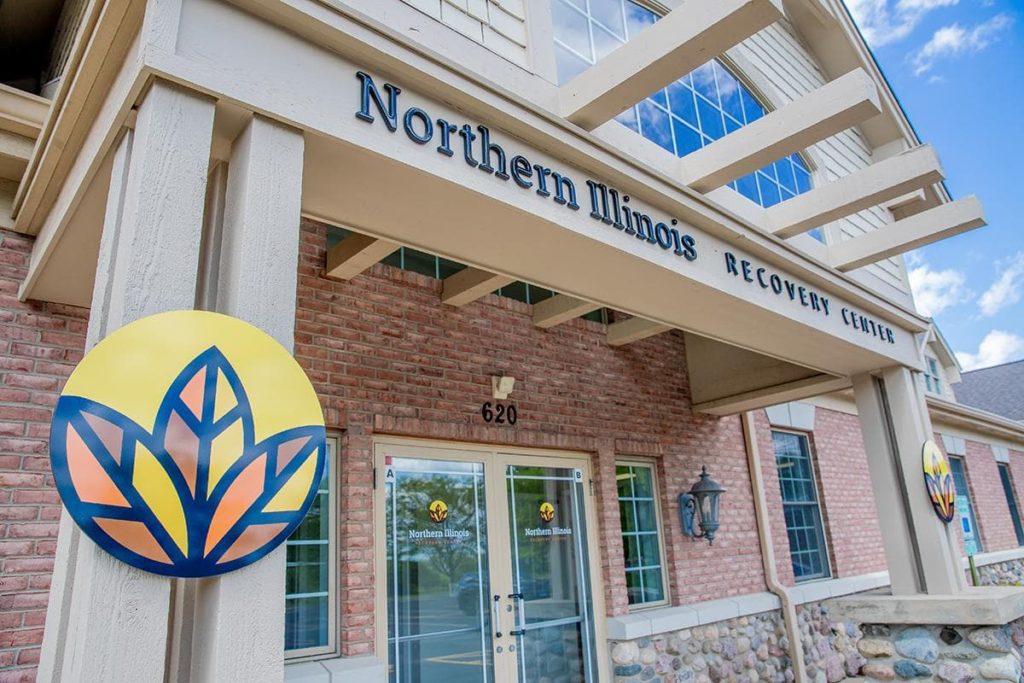
Jump to Section
When to Consider Drug Rehab
Many individuals struggling with substance use disorders do not realize that they need professional help. However, recognizing that you have an alcohol or drug use disorder and require expert help is the most important step towards recovery.
The most common signs that you need to visit a drug treatment center include:
- Often grappling with strong cravings when you fail to take the drug.
- Presence of severe withdrawal symptoms when you do not consume the substance.
- Your loved ones express their concerns about your physical, mental, or emotional well-being.
- Your drug use behaviors have led you to trouble with law enforcement officers.
- The condition is beginning to interfere with your career.
- You have attempted to quit without success.
- You are beginning to be irresponsible in your life, for example, neglecting your family’s needs.
Therapies Drug Rehab Centers in Arlington Heights Use
If you consider joining a rehab facility, expect your therapists to use evidence-based techniques during diagnosis and treatment. Such plans are science-based, so they deliver expected results. Common evidence-based treatment plans include:
- Cognitive-behavioral therapy (CBT)
- Experiential therapy
- Family therapy program
- Dialectical behavior therapy (DBT)
- Recovery coaching program
Outpatient Vs. Residential Treatment
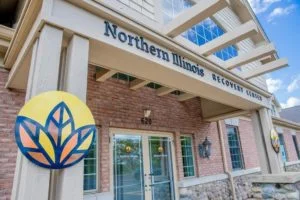
You can choose to live at home or at our inpatient rehab in Illinois when receiving drug treatment. Both options have their pros and cons.
If you continue living at home during treatment, you will be attending your therapy sessions as an outpatient. The program is highly flexible. Your therapist can customize care so that the sessions do not collide with your other commitments.
An outpatient program allows you to receive care during your odd hours, including evenings, lunch hours, early mornings, or weekends. The program allows you to attend to your family and career responsibilities while undertaking treatment. You also get the chance to practice what you learn in your therapy sessions immediately.
The main disadvantage of outpatient treatment that residential care seeks to mitigate is that it puts you back to the same environment that may have driven you into substance use. It does not allow sufficient time to learn coping skills before confronting your triggers.
A residential program requires you to relocate to a rehab facility and remain there during the entire treatment course. However, some facilities allow their clients to live at home or in sober living homes when they no longer need 24/7 professional monitoring.
Residential treatment plans are appropriate for individuals with severe cases of substance use disorders. Such plans are also ideal alternatives for those without a reliable social support system at home.
A residential drug rehab program aims to equip you with vital coping skills and heal your broken relationships through family therapy. It also teaches you methods of withstanding triggers and social skills before allowing you to reintegrate into society.
Contact Northern Illinois Recovery for Expert Advice
After drug treatment, you will begin to see the world differently. However, the process demands resilience and time. If you or your family members are grappling with substance use disorders due to dependence on alcohol, opioids, or prescription medication, seek professional help from a drug rehab center. Contact Northern Illinois Recovery through 855.786.1978 to speak to our therapist for expert advice on your mental health condition.


Licensed Physician and Surgeon
Dr. Beth Dunlap, a board-certified addiction medicine and family medicine physician, and is the medical director at Northern Illinois Recovery Center. She is responsible for overseeing all the integrated medical services at both campuses. Beth completed medical school, residency, and fellowship at Northwestern University, where she continues to serve on the faculty as a member of the Department of Family and Community Medicine. She has extensive experience in addiction medicine at all levels of care, and her clinical interests include integrated primary care and addiction medicine, harm reduction, and medication-assisted treatment.

